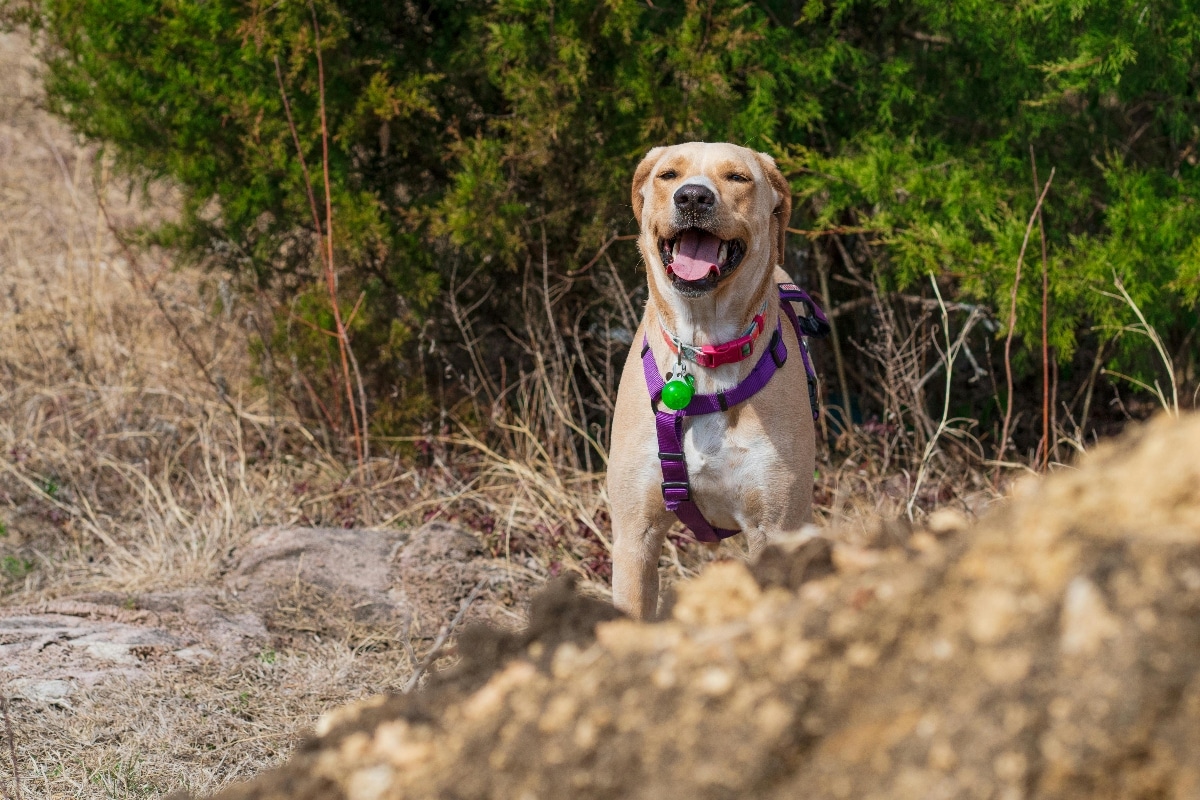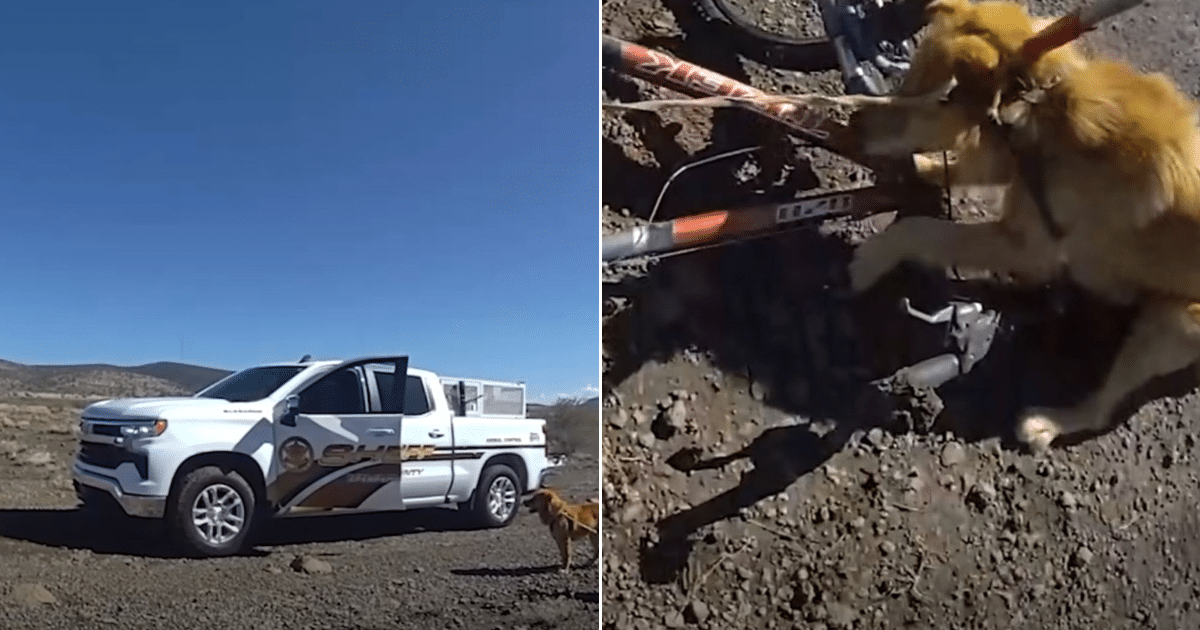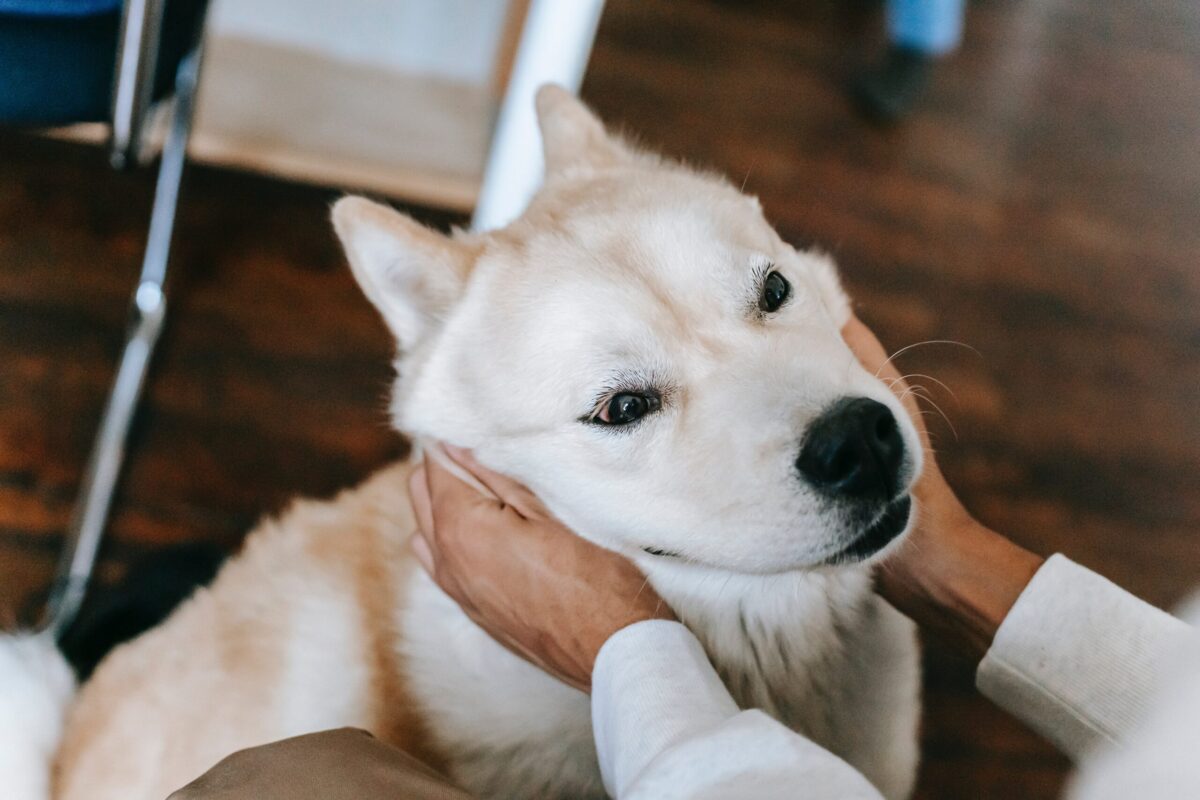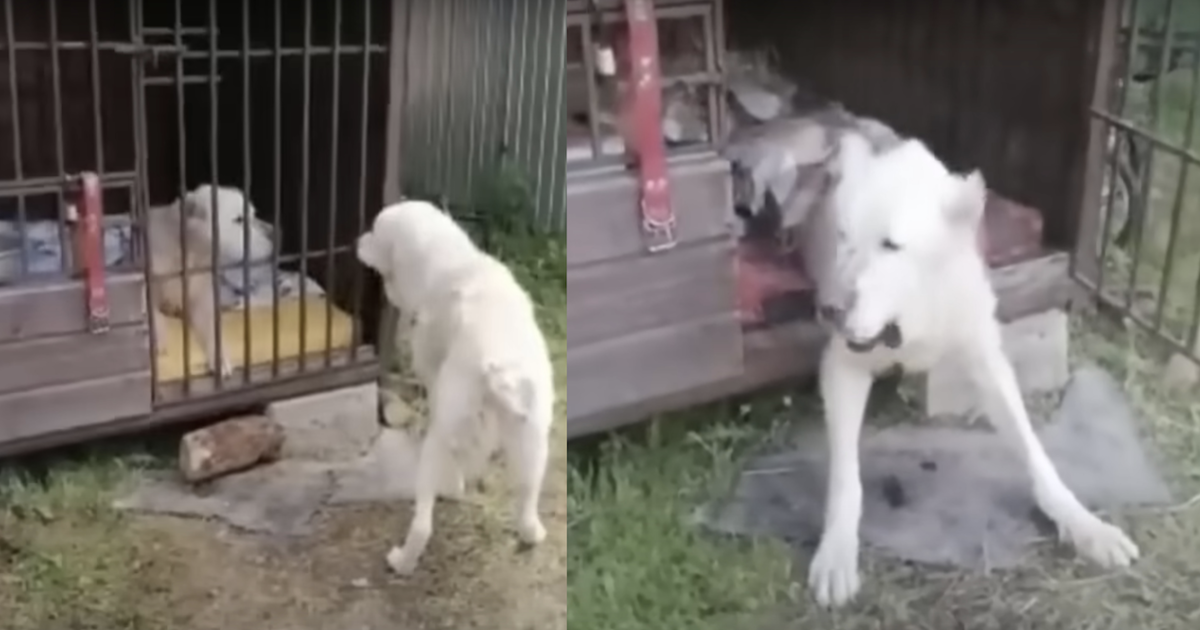Millions of dog owners dream of perfect obedience from their furry companions, yet many struggle with disobedient pets daily. Recent surveys show that over 60% of dog parents admit their animals ignore basic commands regularly. Tony Sylvester, known as Esprit Dog, reveals the common mistakes that guarantee your canine will never listen to you.
Every dog owner fantasizes about having that perfectly trained companion who responds instantly to every command. You watch social media videos of flawlessly behaved dogs and think “I can achieve that too !” But reality hits hard each morning when your pet completely ignores your instructions. This article explores the expert advice from renowned canine educator Tony Sylvester on what not to do if you want an obedient dog.
Inconsistency breeds chaos in dog training
The fastest way to confuse your canine companion involves changing your mind constantly about rules and expectations. Tony Sylvester emphasizes that dogs thrive on consistency, so doing the opposite guarantees failure. One day you allow your pet on the couch, the next day you scold them for the same behavior.
This erratic approach creates a bewildered animal who cannot predict what you want. Your dog stops trying to please you because they never know which version of the rules applies today. Changing commands and expectations daily teaches your pet that your words mean nothing.
Professional dog trainers witness this mistake repeatedly among frustrated owners. The animal learns to ignore all instructions because previous compliance sometimes resulted in punishment instead of praise. Unpredictable responses from humans create dogs who simply tune out entirely rather than risk making the wrong choice.
Extreme authority destroys the human-dog bond
Many owners believe that shouting commands and displaying aggressive dominance will create respect. This approach backfires spectacularly according to modern canine behavioral science. Dogs respond better to calm, confident leadership than to intimidation tactics that create fear and anxiety.
When you scream “Stay !” from across the street while your dog continues walking, you demonstrate your lack of actual authority. Effective dog training relies on building trust and communication, not on bullying your pet into submission through volume and aggression.
The most disobedient dogs often belong to owners who mistake loudness for leadership. These animals either become fearful and shut down completely, or they learn to ignore their humans entirely. True canine respect comes from consistent, patient guidance rather than intimidation.
Isolation prevents proper socialization and bonding
Keeping your dog confined for extended periods destroys their ability to respond appropriately to human guidance. Animals need regular interaction, mental stimulation, and physical exercise to develop into well-behaved companions. Isolation breeds behavioral problems that make training nearly impossible.
Dogs are social creatures who require meaningful engagement with their human families. When you neglect this fundamental need, your pet develops attention-seeking behaviors that manifest as disobedience. They would rather receive negative attention through misbehavior than no attention at all.
The following mistakes guarantee continued disobedience :
- Leaving your dog alone for more than 8 hours daily
- Providing no mental stimulation or enrichment activities
- Skipping regular exercise and outdoor exploration
- Failing to establish daily bonding routines
Professional trainers like Tony Sylvester repeatedly see these patterns in their most challenging cases. Dogs who lack proper socialization and human interaction simply cannot develop the trust necessary for obedience training to succeed.
The path forward requires patience and consistency
Understanding these common mistakes provides the foundation for better pet ownership. Successful dog training demands the opposite approach : consistent rules, calm leadership, and regular positive interaction with your animal. Building trust takes time, but the results create a harmonious relationship between human and canine.
Remember that your dog wants to please you but needs clear, consistent guidance to understand expectations. Patient, positive training methods will transform even the most stubborn pets into willing companions who eagerly respond to your commands and enjoy working with you as a team.

 1 week ago
13
1 week ago
13


















 English (US) ·
English (US) ·